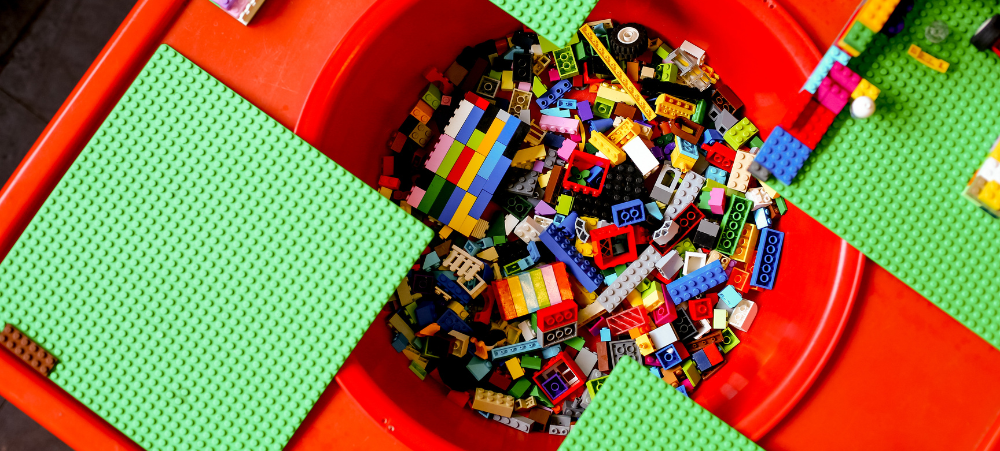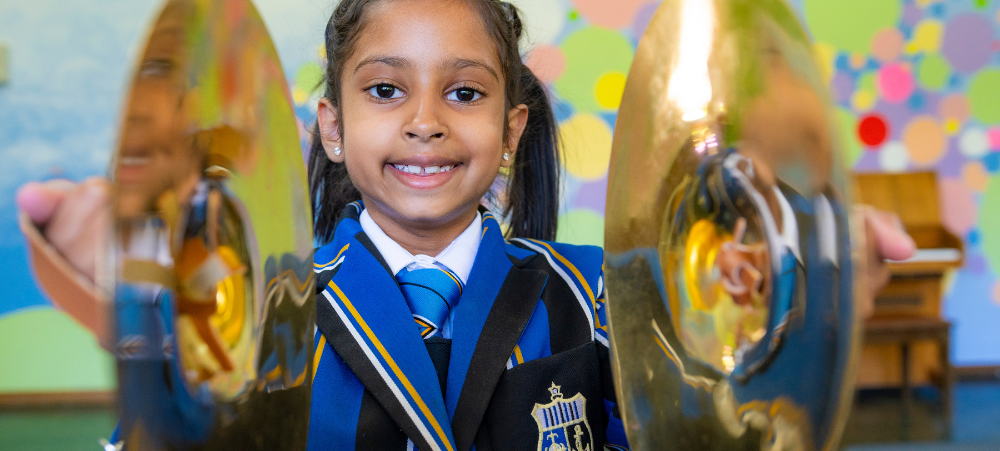As a Junior Primary teacher, I have witnessed firsthand the remarkable power of reading in shaping young minds. Reading is not just a skill we teach. It unlocks doors to learning, understanding, and communication on many levels. It lays the foundation for academic success, fosters emotional growth, and builds connections, both with others and within ourselves.
A child who reads becomes an adult who thinks
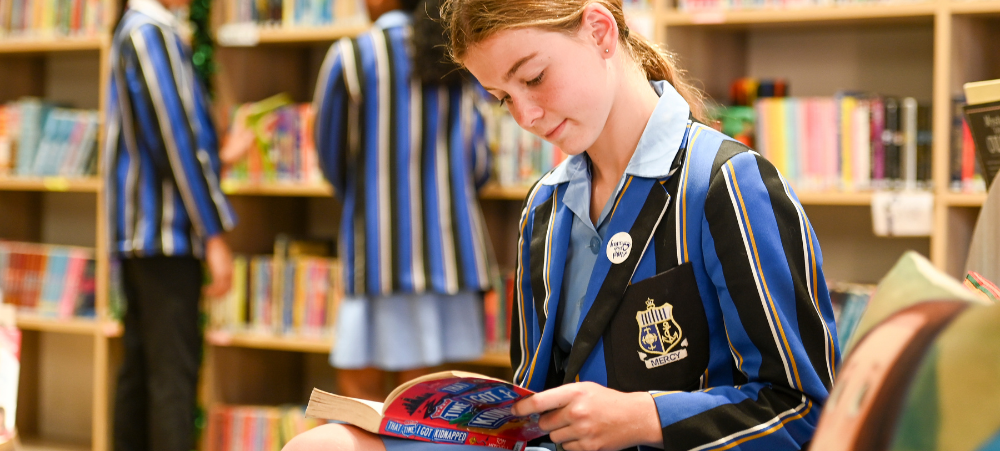
Teaching reading and comprehension is a deep passion of mine, one rooted in my own love for books. From the moment my daughter was born, I began reading to her. Our home has always been filled with books. These books have not only filled our shelves but have shaped our conversations, our imaginations and our shared moments.
Creating an environment rich in reading materials allows children to engage deeply with language. Not only does reading expose them to vocabulary far beyond what they may encounter in everyday conversation, but it also stretches their expressive capabilities and builds confidence in communication.
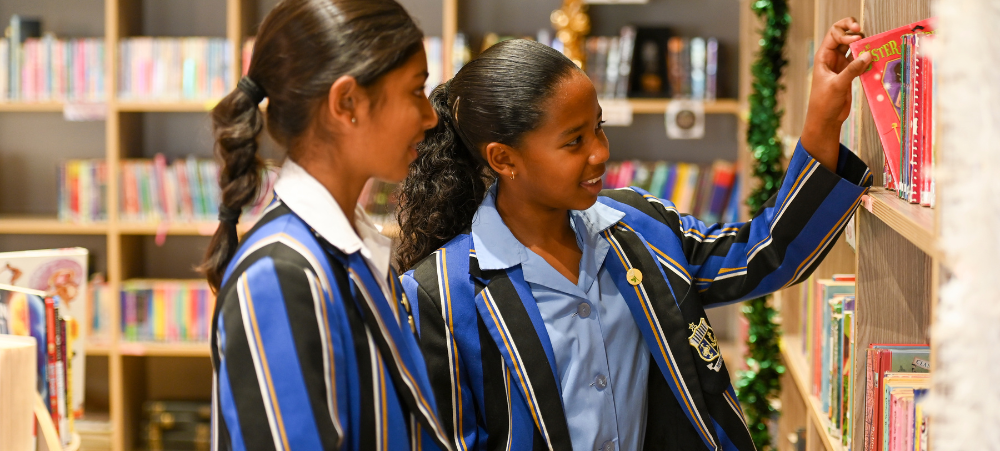
The benefits of reading, however, go far beyond vocabulary. Stories strengthen memory by encouraging children to recall characters, events, and sequences. They nurture critical thinking through plot twists, problem-solving, and inference. Discussing stories helps children analyse, interpret, and evaluate, all essential skills not just in school, but in life.
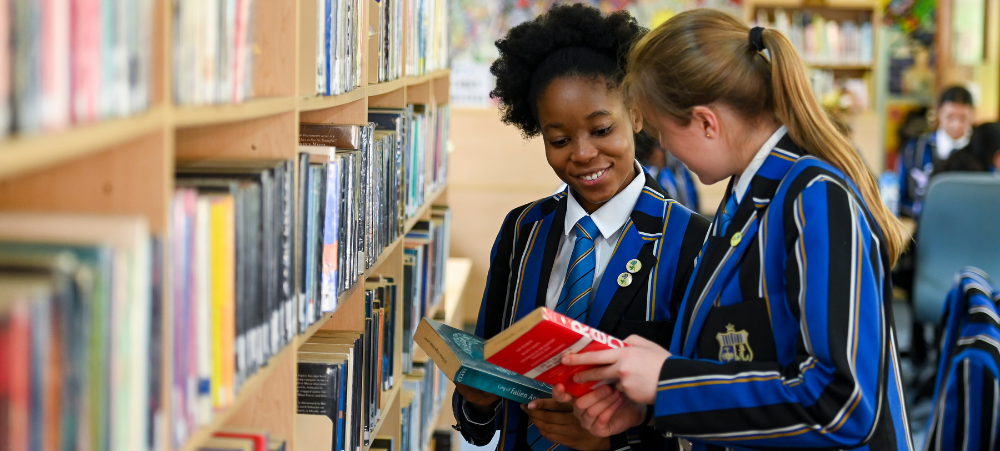
One of the most beautiful aspects of reading is its power to promote empathy. When children read about characters from different backgrounds or facing unfamiliar challenges, they begin to understand perspectives beyond their own. In my classroom, when small disagreements arise, as they often do in the Junior Primary phase, I sometimes turn to stories to gently explore the situation. A book about sharing or managing anger can open the door to meaningful conversation in a non-threatening way. It allows children to reflect, relate, and respond with more kindness and awareness.
Reading also fosters social and emotional connections.
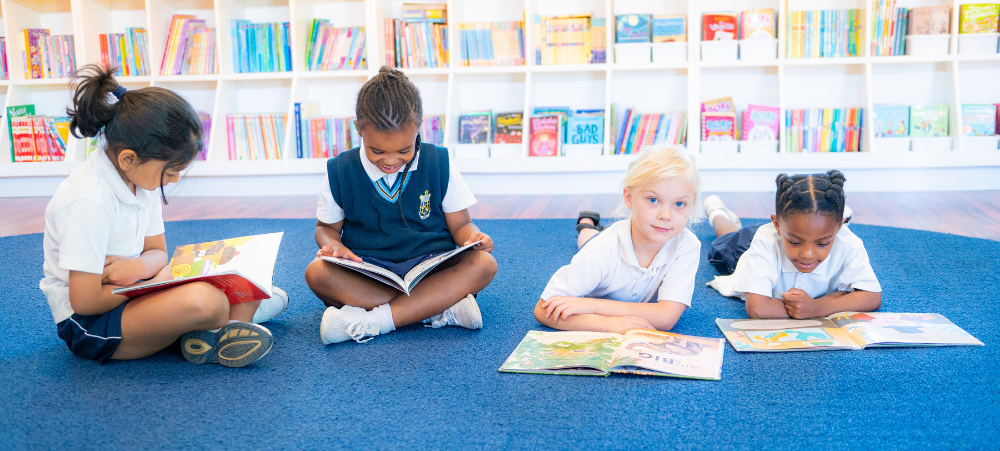
Bedtime stories are a cherished tradition in many households, creating a moment of calm and closeness at the end of a busy day. For younger children, being read to reinforces their listening skills, attention span, and the rhythm of language. For older children, reading together, even silently, can be a quiet and comforting way to bond.
Now that my daughter is in the Senior Primary phase, I no longer read aloud to her each night, but we still make time to read beside each other in bed. These peaceful, shared moments, each of us lost in our own book, are deeply meaningful. They keep our bond strong and highlight the importance of making space for reading, even as life gets busier.
The magic of reading is that it grows with you.
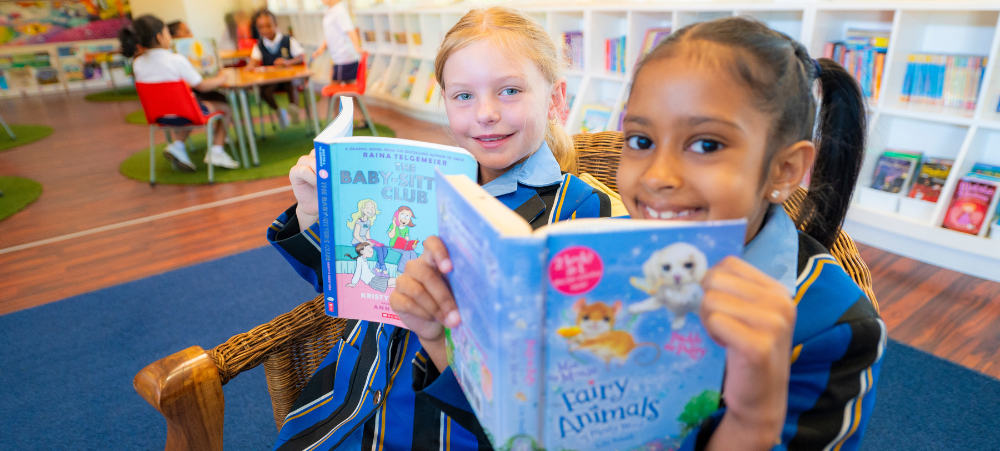
A love of reading evolves from a simple joy into a lifelong habit that informs your worldview, sharpens your understanding and enriches your ability to communicate.
As teachers and parents, we have the immense privilege and responsibility of planting the seeds of literacy early on. With every story we share, we are not just teaching children to read; we are teaching them to listen, to imagine, to question, and to dream.
And that is where true learning begins.
Natalie Sales
St Teresa’s School
Grade 2 Teacher
At our Reggio-inspired Rosebuds Pre-Primary for 3–5 year olds, each day is filled with wonder, discovery and joy. From outdoor adventures and sensory play to creative exploration and shared giggles, we lay the foundation for lifelong learning through curiosity, connection and play.
Rooted in tradition and guided by strong Christian values, St Teresa’s School provides a unique, caring and empowering environment where girls develop confidence, lead with compassion and become courageous, capable young women of tomorrow.
Learn.Grow.Thrive.
- A Parent’s Educational Journey: From Uncertainty to Understanding - September 30, 2025
- Music is the Middle Ground Where Relationships are Built - September 26, 2025
- Habits of Mind – A Critical Thinking Programme - September 18, 2025

